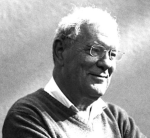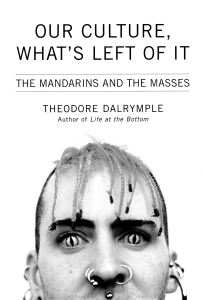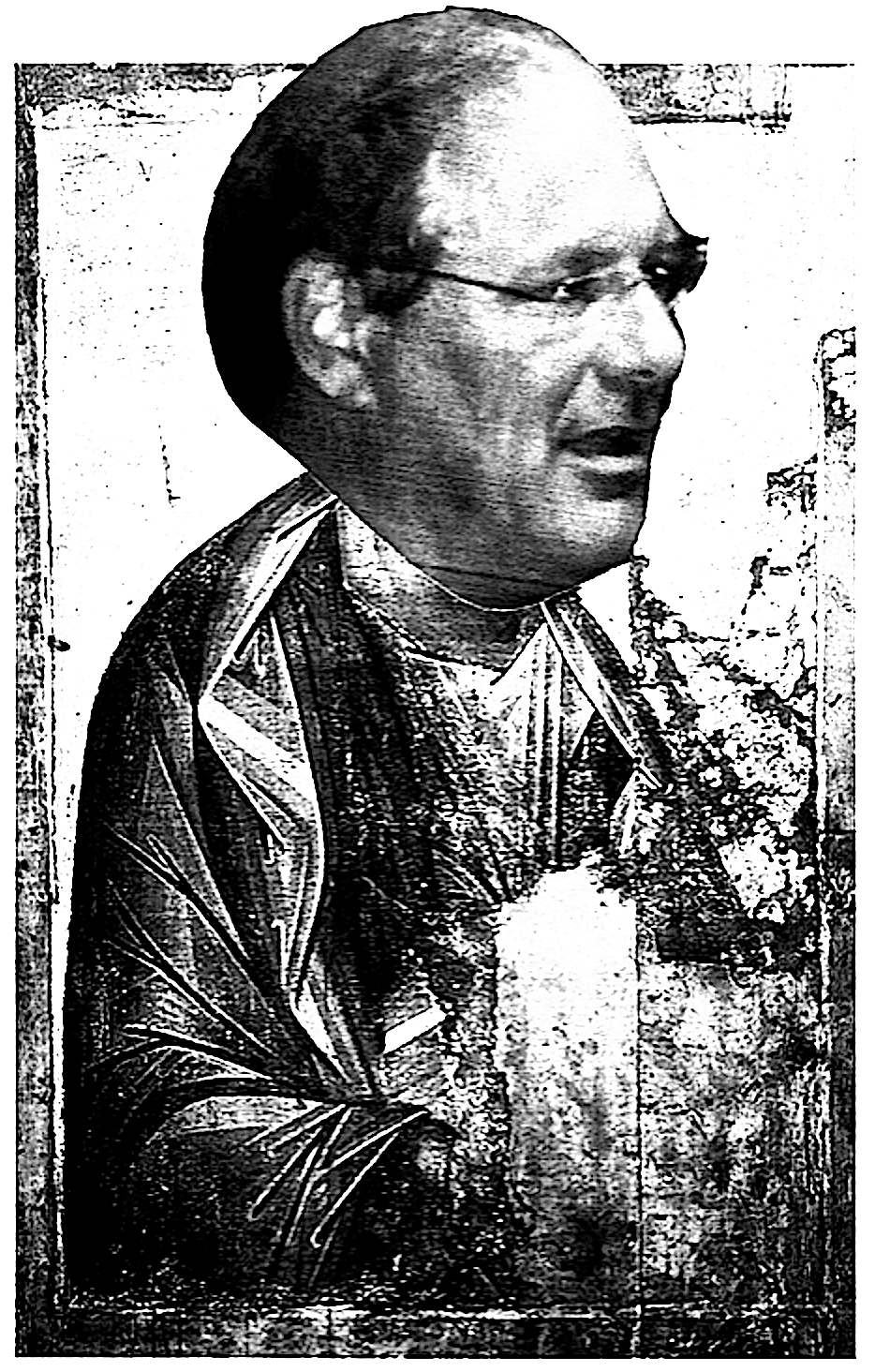There is an assumption, writes Dalrymple,
that for every psychological peculiarity that we deem undesirable, especially in others, there’s an equal and opposite form of ‘treatment’ that will neutralise it. With appropriate treatment, the listener to rap music will become a devotee of Schubert.
This view, he notes,
was the theme of Anthony Burgess’s great book A Clockwork Orange. Burgess wrote it during the high tide of behaviourism, when many academic psychologists regarded Man as a glorified laboratory rat: if you provided him with the right stimulus, either positive or aversive, that is to say a food pellet or an electric shock, you could mould him to exactly your desired specifications. Who was to do the desiring, of course, was less clear.
 Burgess, Dalrymple points out,
Burgess, Dalrymple points out,
was writing against the notion that behavioural technology was either possible or desirable if attempted.
The high tide of behaviourism
has passed (no one now electrically shocks homosexuals to try to turn them heterosexual), but the idea that we have advanced greatly in human self-understanding such that we can now avert, control, or eliminate all behaviour that we find undesirable lives on. It seems sempiternal. Thirty years after A Clockwork Orange, a book entitled Listening to Prozac, a best-seller, claimed that the age of designer neuropharmacology was upon us, such that we should be able to design our personalities with pills, as a chef tweaks his recipe with a little tarragon or paprika.










